The Scientist
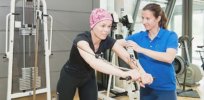
Exercise as a weapon against cancer: 150 minutes a week could double survival chances
Evidence is accumulating that exercise improves the wellbeing of these patients by combating the physical and mental deterioration that often ...

Making the case for a ‘semi-aquatic’ phase in human evolution
For the past 150 years, scientists and laypeople alike have accepted a “savanna” scenario of human evolution. The theory, primarily ...
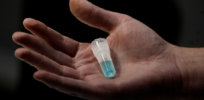
Saliva-based test for coronavirus gets emergency FDA approval
There are now more options for COVID-19 testing as the US Food and Drug Administration gave emergency use authorization on ...
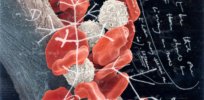
Targeting cancer cells by ‘putting the brakes’ on their ability to mutate and evolve
The vast majority of cancer deaths in the US come about not because of a lack of treatment, but because ...
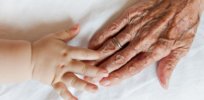
Destroying inflammatory ‘zombie’ cells could slow age-related disease
For decades, scientists had ignored senescent cells—which are trapped in a long-term state of cell cycle arrest—dismissing them as artifacts ...
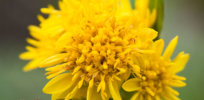
Plants communicate to fight off pests. Their ‘conversations’ might help us safeguard our food crops
When a beetle larva bites into the leaf of a goldenrod plant .... [t]he bite damages the goldenrod .... causing ...
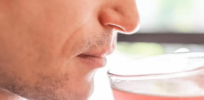
Losing sense of taste and smell could be ‘early warning sign’ of coronavirus infection
Nearly two weeks ago, Alessandro Laurenzi, a biologist working as a consultant in Bologna, Italy, was mowing the grass in his ...
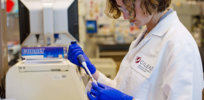
Gilead’s experimental remdesivir shows promise against coronaviruses. Can it beat back COVID-19
Targeted drug development takes years, but when time is short in a pandemic, scientists and clinicians turn to pharmaceuticals that ...
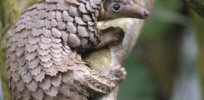
How did the coronavirus jump from bats to humans? Snakes, pangolins and turtles top suspect list
When a new zoonotic outbreak occurs, scientists rush to trace the species the infection originated from. Often the infection jumps ...
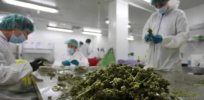
Viewpoint: Plagued with unreliable results, cannabis testing industry has a long way to go
Because cannabis is still considered illegal at the federal level, the responsibility of regulating cannabis and cannabis-derived products falls to ...
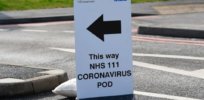
Infographic: How the coronavirus appears ‘seemingly out of nowhere’
When Emma Hodcroft read that, seemingly out of nowhere, a rash of cases of the novel coronavirus had popped up in Britain ...

Infographic: Track the global spread of the coronavirus
The numbers for COVID-19 cases and deaths are changing rapidly. The following charts only provide an approximation of the current ...
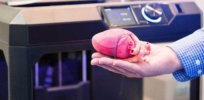
Infographic: Which 3D printed organs are closest to being transplantable?
No one has printed fully functional, transplantable human organs just yet, but scientists are getting closer, making pieces of tissue ...
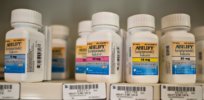
Once promising autism drug Abilify linked to heart problems, substantial weight gains
It has been 11 years since the U.S. Food and Drug Administration (FDA) approved aripiprazole for children with autism. The ...
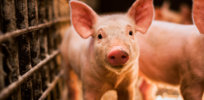
African swine fever decimates global pork production. Can a genetically engineered vaccine stop it?
In the fall of 2017, a year before an unfamiliar virus captured the world’s attention with an explosive outbreak in ...
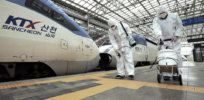
Infographic: Tracking the global spread of the coronavirus through its genetic signature
Several years ago, Richard Neher, an evolutionary biologist at the University of Basel in Switzerland, and his colleagues wanted to ...

Infographic: What suicidal behavior looks like in the brain
Scientists have identified several key neurobiological pathways with ties to suicidal behaviors. Research in the field addresses only a fraction ...

Modern Africans have more Neanderthal ancestry than previously thought, study says
Modern Africans have an average of 17 megabases of Neanderthal DNA in their genomes, according to an analysis published [January ...

Amish people study suggests environmental factors influence mutations causing disease and evolution more than genes
The rate of new mutations in the human genome appear to be consistent across diverse populations, except one—the Old Order ...
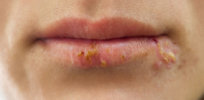
Alzheimer’s link to herpes disputed in new study
Around 30 years ago, researchers in the UK discovered DNA strands of herpes simplex virus 1 in postmortem brain samples of Alzheimer’s ...
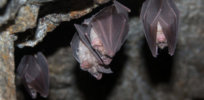
Tracing the origins of China’s coronavirus: Infectious disease expert explains how it jumped from animals to humans
The Scientist spoke with Peter Daszak, the president of the nonprofit EcoHealth Alliance and an infectious disease researcher who’s done extensive research ...
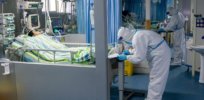
Searching for answers in the genome of China’s mysterious coronavirus
As public health officials respond in real-time to the unfolding of the outbreak, so too are scientists. Just one month ...
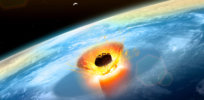
Global temperature modeling suggests dinosaurs were wiped out by asteroid strike
A massive asteroid impact is likely to blame for the extinction event that marks the end of the Cretaceous period, ...
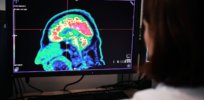
Can we use the brain’s ‘biochemical changes’ to predict—and prevent— suicide?
No field of scientific inquiry can single-handedly untangle a phenomenon as complex as suicide. But [Kees] van Heeringen and many ...
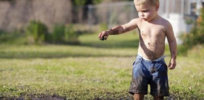
Exposure to different types of dirt may boost body’s immune system, study suggests
Differences in allergy incidence between the two sides of the Finnish-Russian border might have something to do with exposure to ...
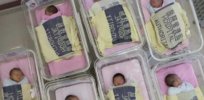
We don’t know enough yet to effectively pick embryos to get smarter, taller children, study says
Despite advances in understanding the combined effects of multiple genes on complex traits in humans, efforts to choose embryos based ...
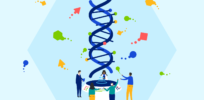
‘Strange’ decade gave us CRISPR, gene therapy advances and a Neanderthal genome
[H]ere, we present some of the innovations, both conceptual and technological, that stood out throughout the past decade. … In ...
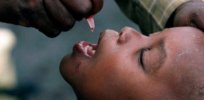
Emergency approval sends new oral polio vaccine to front lines, bypassing clinical trials
To stem a growing polio crisis, health officials are accelerating the development of a new oral vaccine with plans for emergency ...

